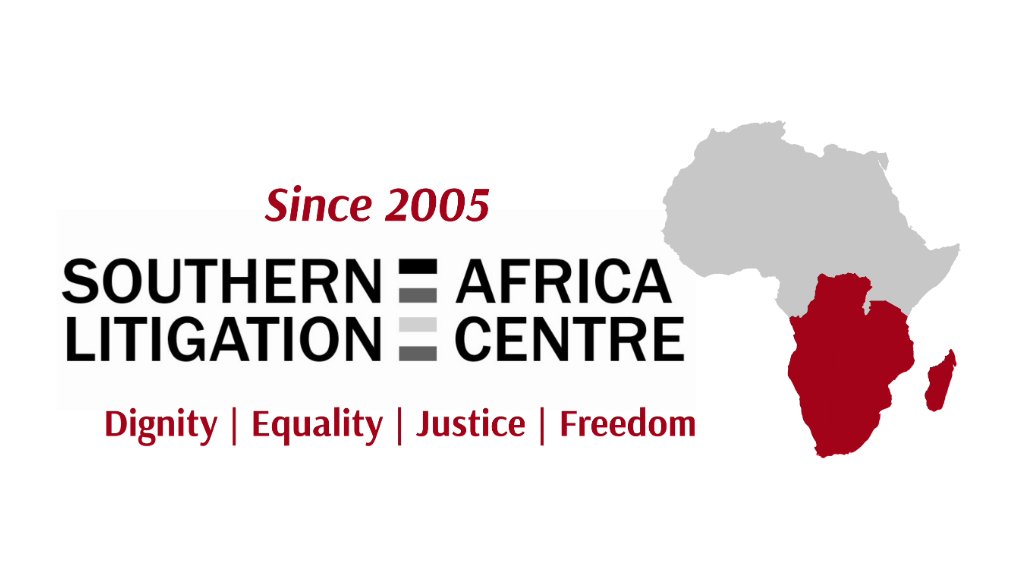During the 2024 US elections, significant efforts were made to label immigrants as barbaric criminals. Unfortunately, this terminology gained traction and became a part of the new US administration's policy to deport thousands of individuals from American soil. It is concerning how swiftly our governments adopted this language and became complicit in the US's violation of immigrants' rights when they began accepting flights carrying deportees from the United States.
On the day that Eswatini accepted a plane of foreign nationals from the US, the assistant secretary at the US Department of Homeland Security said in a post on X that the men, who she said had been convicted of crimes including child rape, murder and burglary, were “so uniquely barbaric that their home countries refused to take them back”. She added: "These depraved monsters have been terrorising American communities, but … they are off of American soil."
The initial reaction to the plane's arrival was one of concern for national security. Having adopted the view that the individuals onboard were a threat, there were worries about whether they were being securely detained. A statement from South Africa expressed apprehension about the potential impact on national security, particularly due to the close proximity between the two countries.
To be clear, we have very little information about the men that the US has deported to Eswatini, nor do we know about the many thousands of men, women, and children who are being arrested daily in the US simply because they resemble the so-called "worst of the worst." What we do know is that many, if not most, of these deportations to third countries are occurring without individuals receiving adequate notice or having the opportunity to obtain legal representation. When individuals have been convicted of crimes, we know they had completed their sentences before being arrested and deported. However, we lack crucial information regarding their circumstances. We do not know the extent of their rehabilitation during their prison terms, nor do we know if their home countries were willing to accept them, as these countries were allegedly not contacted prior to their flights to Eswatini. Additionally, we are unaware of the conditions under which these men are currently being detained, as no one, including legal representatives, has been permitted to visit them. Given the limited knowledge we have about these men, why is it so easy for us to label them as "barbaric criminals"?
The United States has implemented a deportation policy aiming to deport 1-million people by 2025. By June 2025, Stephen Miller, a self-identified white nationalist in the White House, criticised the immigration agency for not deporting enough individuals. He reprimanded officials for prioritising the deportation of people with criminal convictions rather than focusing on deporting as many foreign nationals as possible to meet the policy target. As a result of this policy, there has been a significant increase in flights carrying deportees from the US, often with their destinations concealed to prevent families from tracking where their loved ones are being sent.
Throughout history, individuals labelled as 'other' have often been regarded as barbarians—individuals to be avoided and considered dangerous. In this context, "danger" does not always refer to physical harm; it can also signify a threat to conventional ways of thinking and behaving. Although the terms used have changed—such as rogues, vagabonds, homosexuals, foreigners, barbarians, and terrorists—the underlying implications remain consistent: the 'other' is to be feared and vilified.
And here we are, ourselves throwing around those labels, stigmatising people instead of focusing on the real issues that we all face. Very few have questioned the legality of transferring foreigners to a country they have no attachment to. Very few have asked how the men themselves are doing. Instead, we thrive on the story's real crime sensationalist aspects. We have become used to being consumed by individual actions because it is much easier to digest than to hold our States accountable. Labels that dehumanise do not justify the acceptance of foreign nationals who were illegally deported.
The case currently before Eswatini's High Court questions the legal basis for accepting deportees in the country and highlights the crucial need for parliaments to scrutinise deportation agreements. The State has opposed this case, arguing that citizens lack the legal standing to challenge the legality of agreements made between the executive branch and foreign nations. Essentially, many of the unilateral decisions being made by the White House are being mirrored in countries that accept US deportation flights carrying nationals who have no connections to those countries. These decisions are often accompanied by the same demonising rhetoric used in the US. As citizens who have experienced apartheid and colonialism, we must critically assess these labels and the policy decisions legitimised by them.
Written by Anneke Meerkotter, Executive Director, Southern Africa Litigation Centre
The organisation supports the case before the Eswatini High Court
EMAIL THIS ARTICLE SAVE THIS ARTICLE ARTICLE ENQUIRY FEEDBACK
To subscribe email subscriptions@creamermedia.co.za or click here
To advertise email advertising@creamermedia.co.za or click here











